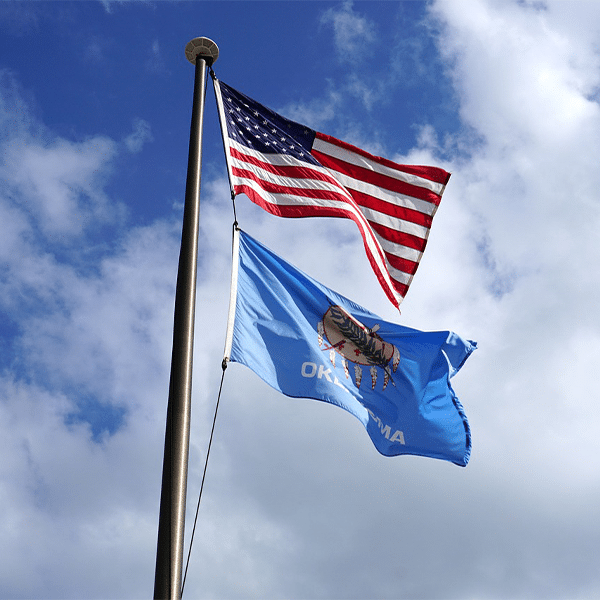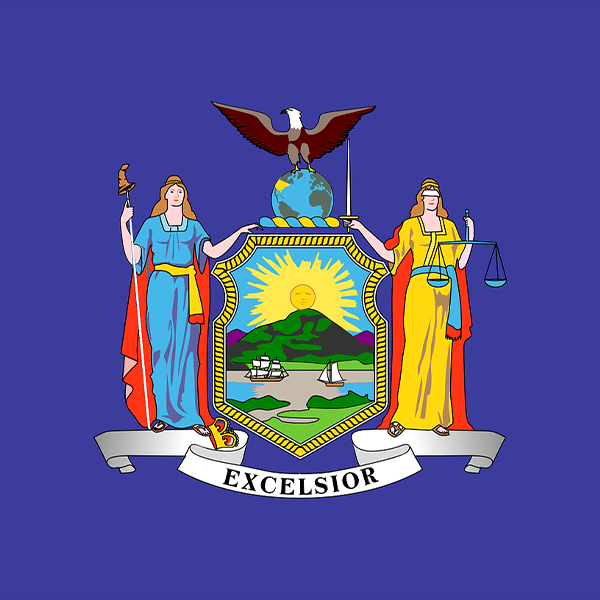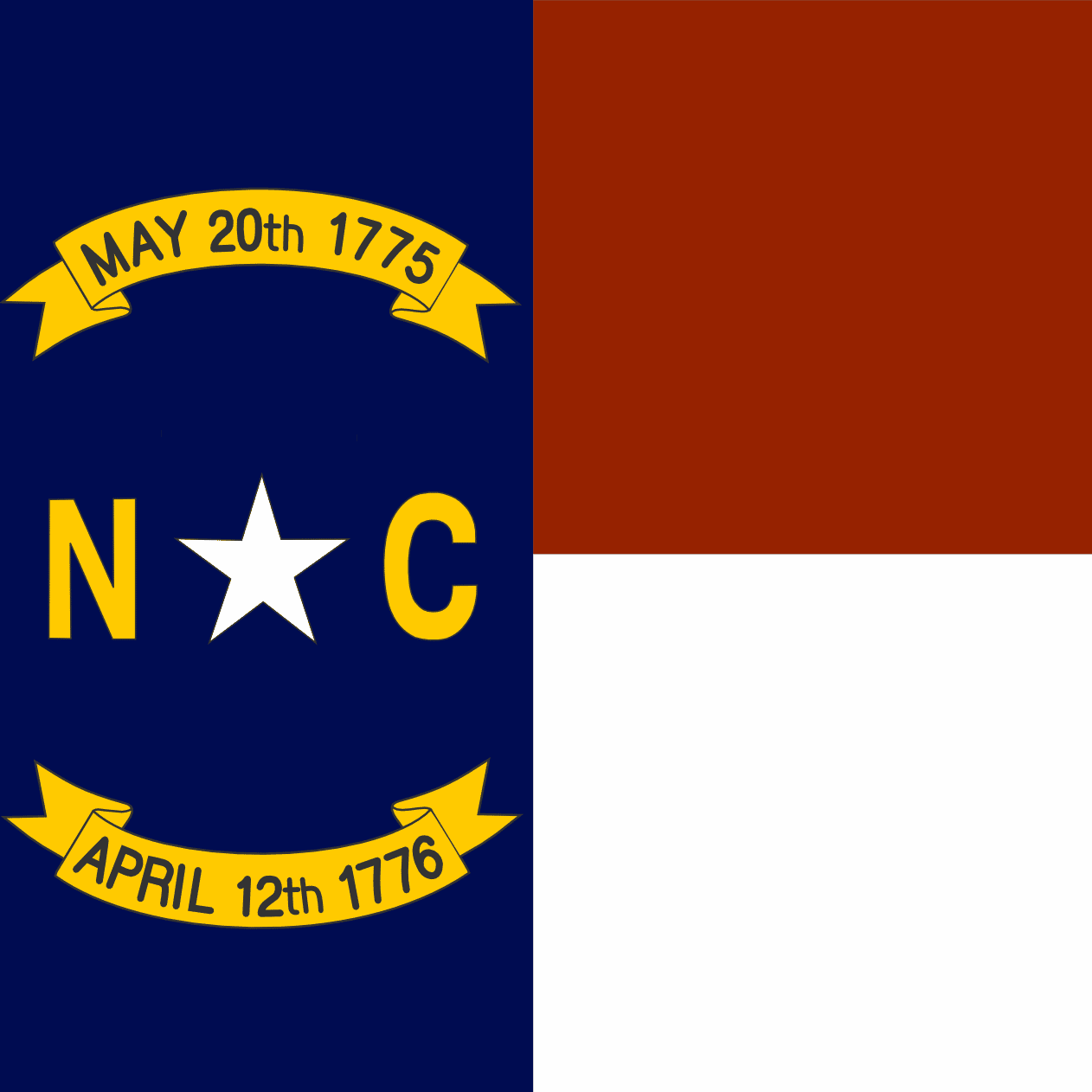Category: Broadband Nation
Oklahoma Board Advances More Than $53M in Middle-Mile Broadband Grants
If approved, the Oklahoma broadband grants would be funded by the American Rescue Plan Act’s State and Local Fiscal Recovery Funds.

Amid Republican Opposition, BEAD Rural Broadband Changes May Be Delayed
BEAD rural broadband program changes may not happen until June or July. Senator Capito is the latest to weigh in against a major overhaul.

New York Extends BEAD Rural Broadband Deadline, Florida Begins Registration Process
The New York BEAD broadband program has a $664 million budget and is currently accepting applications for the program’s third round.

Missouri Delays Award Announcements Pending BEAD Changes
The update says that the OBD is fine-tuning the Missouri BEAD project areas that will be available in Round 2 of the program.

NM Surf Gets $2.4M Grant for Broadband in Rural New Mexico Schools
Those who gain access through the New Mexico broadband grant will receive three years of complimentary service.

North Carolina Broadband Funding: Brightspeed, Charter, Others Share $63M
The $63M in North Carolina broadband funding will go toward deployments in 30 counties. Brightspeed once again was the biggest winner.
